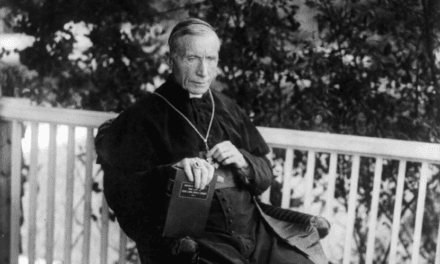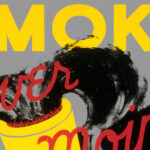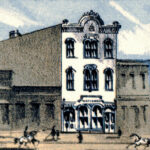Words are more powerful and more far-reaching in their influence than we realize and many times “A word hurts more than a wound.”
We are long past the day when it was considered in good taste or permissible to knock our competitors or to speak down to any one. If we cannot speak well of them, it is much better not to speak at all.
By our words, we reveal very clearly just what we are. Naturally we will not think evil or speak evil of those whom we love, for even if their acts upset us, we will make some excuse for their conduct and do our best to protect them from public criticism, at the same time trying to lead them down a better path.
As soon as we begin to speak evil of people, those who hear us know that our minds are filled with jealousy, envy, or some other poisoned emotion such as anger, fear or hatred. All too often we condemn ourselves by what we say, and prove through our words that we are just as unworthy as we claim the other person to be.
It is so easy to speak an unkind word when we are displeased, over-worked, tired, or worried about finances or some business deal. Yet we must not forget that, “An unkind word falls easily from the tongue, but a coach with six horses cannot bring it back.”
Unkindness has absolutely no place in the world. It wins no favors; it exercise no positive influence; it is destructive rather than constructive; and it leaves the sting of pain in place of the soothing balm of kindly consideration.
The man who finds fault with his help is very foolish. If he knows the job as he should, he should be able to show his helpers how to do it. And if he is a good executive, he should be able to inspire them with the desire to do their best.
The man who often speaks unkind words, is almost sure to be a bad leader. The day of slave drivers is over in the United States, and the demand of the present is for Leaders. The Leader of today is responsible for the protection of those he leads; and his own attitude can determine whether they will be careful or careless, thorough or superficial. One of the best ways to gear up the working force, is to cheer it up. It works much better to pick out something to compliment heartily, than to continuously be finding fault.
The man who is praised for doing good work, is human enough to want to duplicate the good work he has made so as to earn more praise. It is in nearly every man to win, and if he doesn’t do it, it is either because he has set his goal too low and wasted his time, or else because he was discouraged thoroughly by those he worked with.
Charles M. Schwab said,
“I have never seen a man who could do real work except under the stimulus of encouragement and enthusiasm, and the approval of the people for whom he is working.”
And that keen thinker “Sid” says,
“Unless an employer is interested in finding, training, holding and dividing with good men, the business he is engaged in, can never grow.” If you are going to be associated with men like that and make it count, you’ve got to love them, “as love thinks no evil.”
More heart-aches and more failures are caused by unkind words than by famine and fire. In fact, unkind words are a famine which robs life of its just nourishment of joy; they are a fire which burns and consumes the faith of human kind; the hope of the soul, and makes life a barren waste in place of a garden which blossoms like the rose.
Source: The American Stationer. Volume 86. Words and Their Power, pp.23
Image: Clem Onojeghu


























